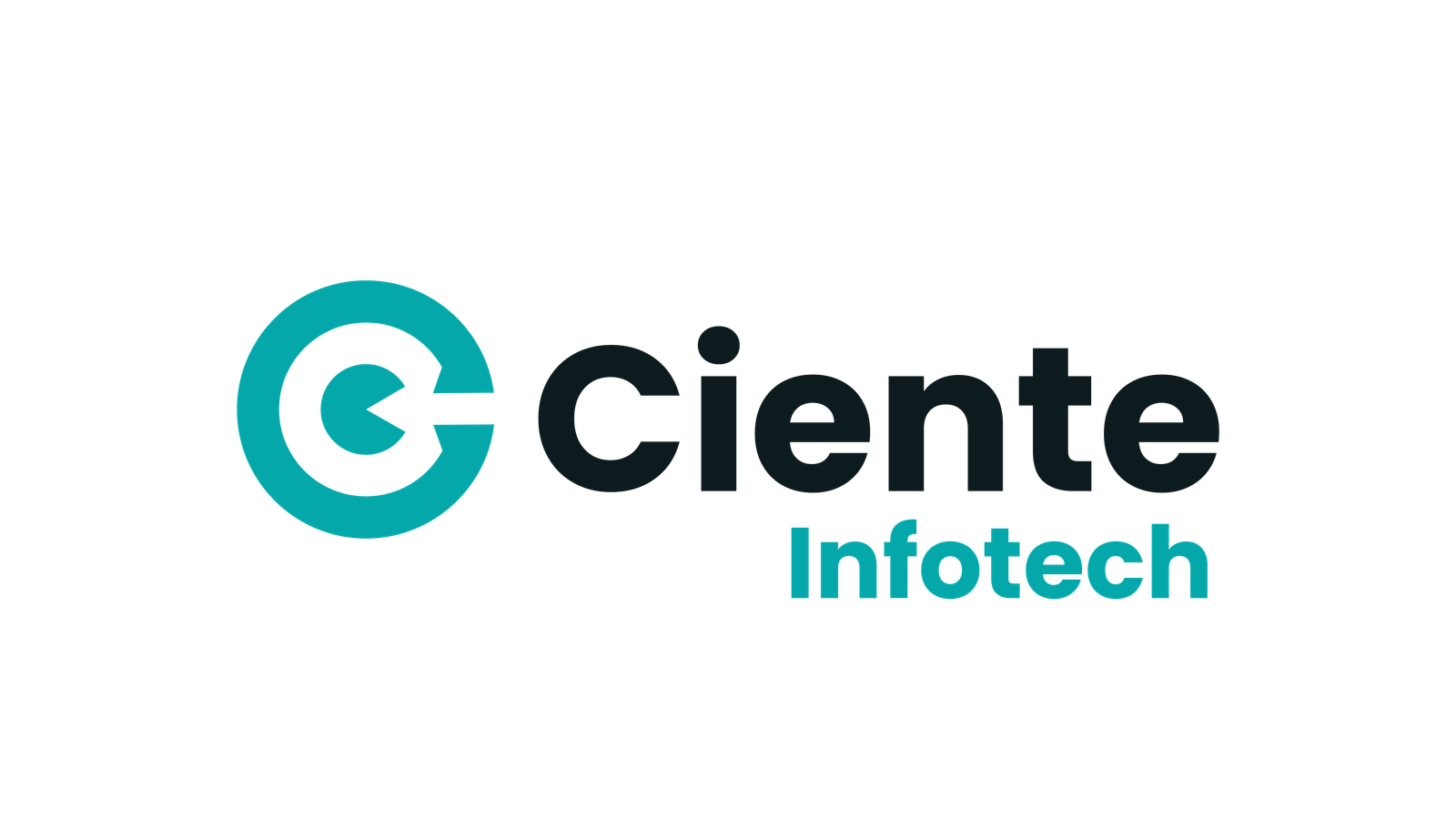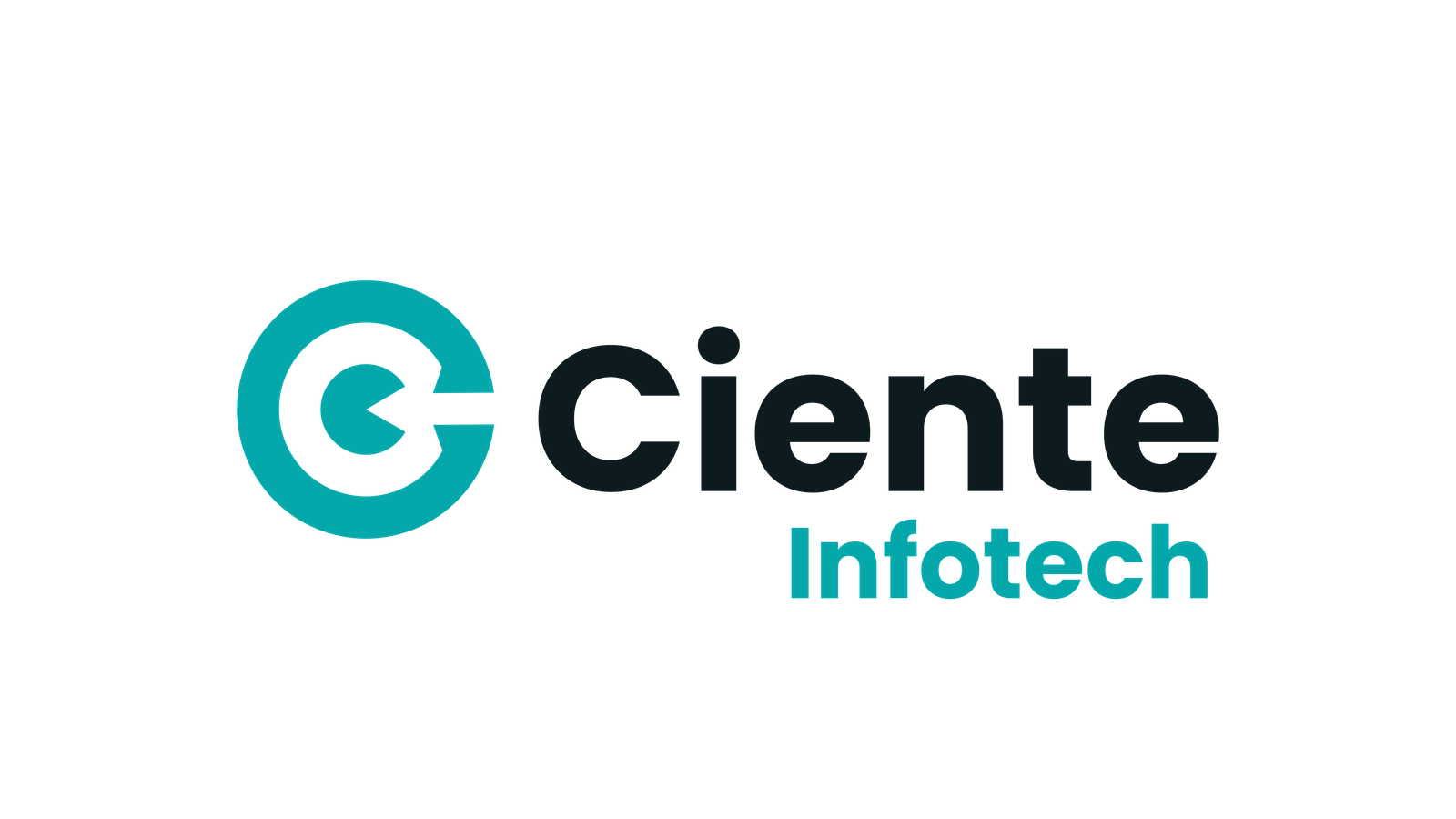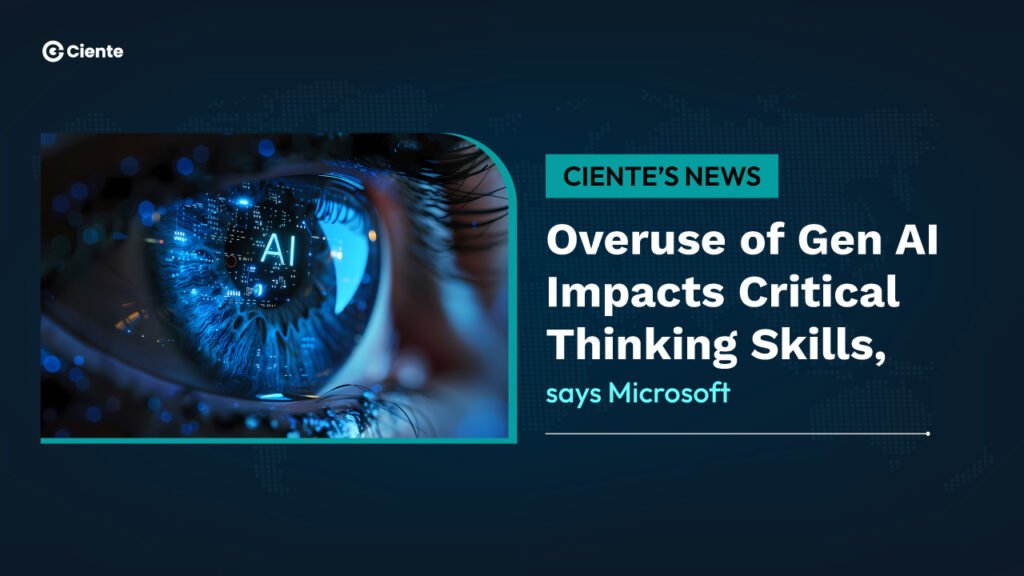Thinking used to be painfully human, but tech advancements have altered our capabilities. In the workplace, AI and automation were adopted to be our partners and boost our productivity.
Instead, AI might replace something of high value – our critical thinking skills and self-confidence. And a recently published report by Microsoft agrees.
The report highlights the grueling extent to which self-confidence and the use of AI tools are interlinked. This is the flipside critics of AI were hinting at. The increasing reliance of working professionals on AI tools and software will gradually lead to deteriorating problem-solving and practical skills.
Human capabilities might hit a snag.
Microsoft surveyed 319 knowledge workers who shared 936 first-hand work cases where GenAI was used. The major focus was to investigate two aspects of this growing debate:
- How did the workers perceive the passivity in critical thinking?
- Was there a decrease or increase in their problem-solving endeavors?
The result emphasized that professionals with higher trust in AI tend to put less effort into using their own abilities. Their overreliance on modern tech rarely makes them question the results.
Are we on the right track?
With tasks that require minute changes and less effort, AI can help boost efficiency. However, with those requiring in-depth analysis, humans should play a major role. Our over-indulgence in AI comes with a warning note – skills erosion.
While this might sound like a simple issue, it can have a lasting effect on how we approach the tasks in the first place. The increasing reliance could hamper our overall productivity and decrease efficiency.
AI is a crucial tool, but are we short-sighted in how to leverage it to our advantage?



